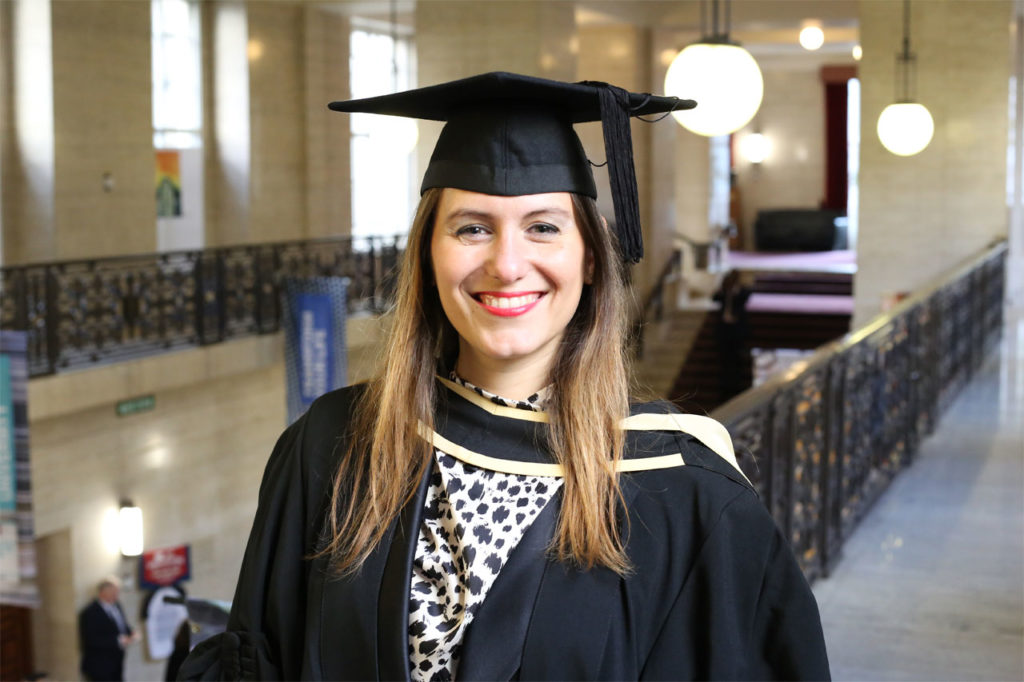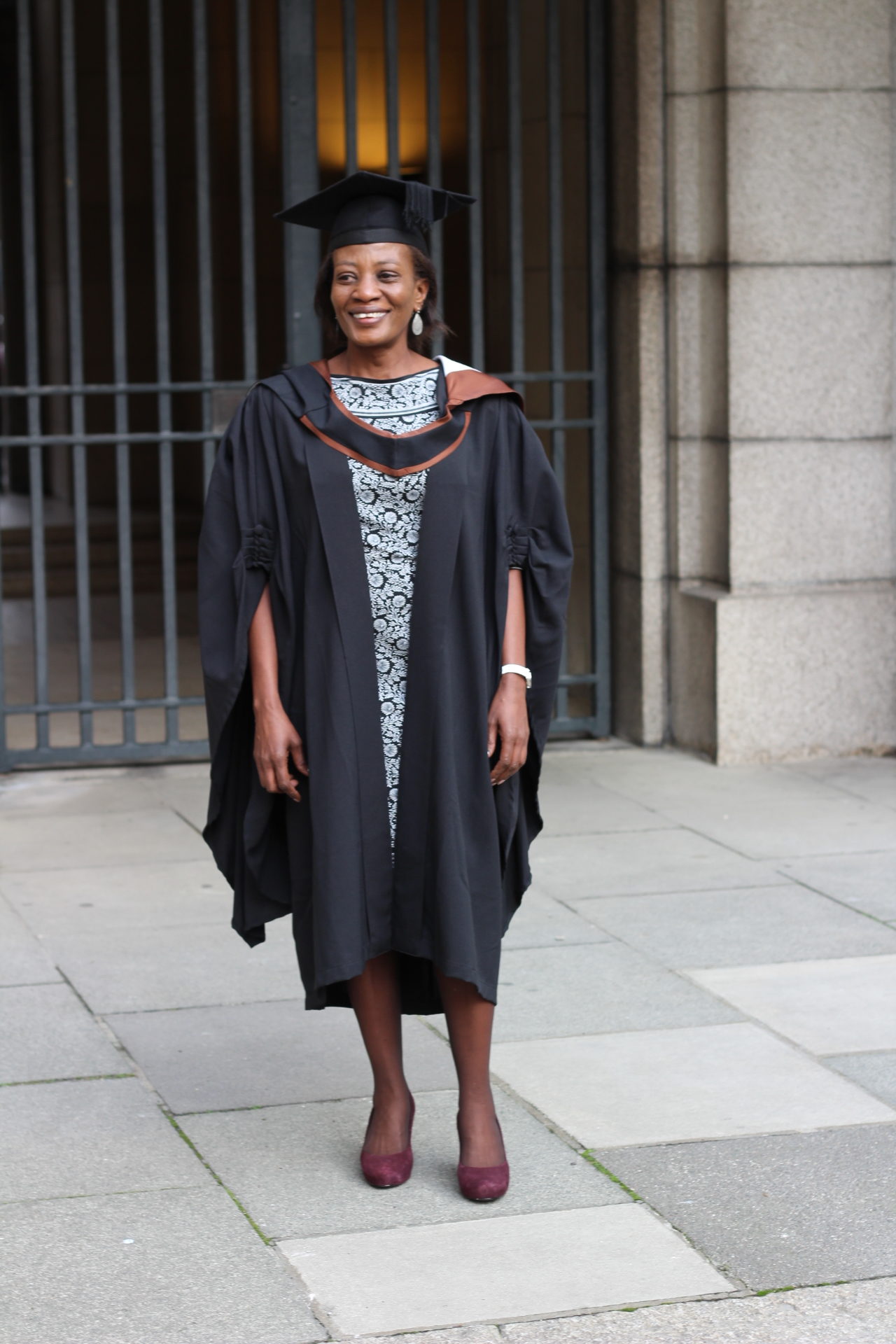Studying the BSc Business and Human Resource Management at Birkbeck helped Valentina Introna move from the shop floor to the role of HR Business Partner. This is her #BBKStory.
It hasn’t been an easy journey deciding to go back to study. English wasn’t my first language and I felt that the only way to be fully confident in this new country was to access an academic level of the language. I studied classics in school, back in Italy, and I thought to challenge myself with something scientific and completely new.
When it was time to submit my university application, I was scared and quite nervous; I applied for five colleges and surprisingly all of them accepted my application. I was happy and excited by the unknown! I looked up all ranks, the opinions, the videos made by former students and I decided that Birkbeck was the one for me. It could allow me to work while studying and everyone in those videos looked satisfied.
I am a people person, always have been and always will, but I loved my calculations and my budgeting: Business and Human Resources Management was absolutely the perfect fit for me. Birkbeck was the only university able to combine this dual aspect where the first year (I literally looked into all the modules of each course!) was completely business oriented -i.e. Micro and Macro Economics, Financial Accounting, Quantitative Methods- and the last two a deep dive into the fascinating world of HR. I fell in love on day one, Corporate Social Responsibility.
I started at 31 years old, I had to work, I wanted to work; I couldn’t think of myself just as a student and honestly London is not well-known for its easy-living. I was in retail, supervising a fashion-clothing concession and I remember doing 9:00 to 5:30 shift at work and 6:00 to 9:00 at Birkbeck, an intense twelve-hour day. Every professor and lecturer was so passionate and inspiring that the tiredness of a day standing serving clients was easily forgotten. I was able to understand things that the next day I could apply to my job. I still remember when my manager asked me to help her to read the company’s financial statement. I felt recognised. Once I changed company and I was in my second year, my new manager was so impressed from my commitment in studying while working that, one day, when our Europe Retail Management came to visit the store, he introduced me as “the future HR of the company”. In that moment I was on the shop floor putting shoes back in the box and yes, he was right; exactly one year later I was offered the role of HR Business Partner for the company. I still can’t believe it.
It hasn’t been easy, but studying at Birkbeck makes you feel part of something; you have the chance to meet people with a similar path, your same age, perhaps older; you have the opportunity to advise younger students by sharing your previous experience. You could simply meet special mates that will stay by your side for the entire journey or why not for life. I’ve met two great friends thanks to Birkbeck.
I probably will need few months off studying, but in my plan there is a Masters and, if it’s going to happen, it will be at Birkbeck. The College gives you the right support, everything is online, lessons are recorded, and lecturers are easy to reach. My supervisor for the final project has been so helpful and full of insights that still I am using some of his suggestions to coach my store managers. I will always have good words about Birkbeck, because it gave me a chance: it’s up to you to use it to the fullest, but without the initial opportunity there won’t be stories to tell.
Further Information:




